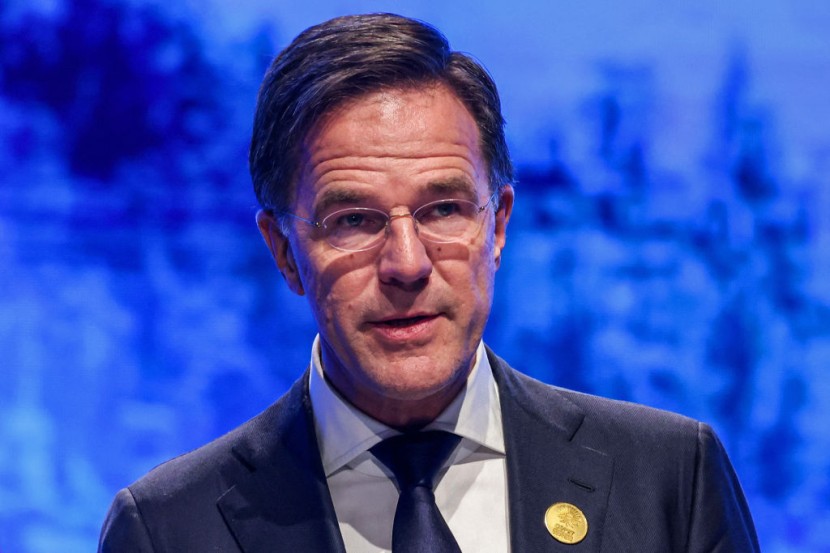
Dutch Prime Minister Mark Rutte has decided not to contest in the next general elections later this year after handing over his resignation to King Williem-Alexander Saturday (July 8). The decision came after the coalition government led by his Freedom and Democracy (VVD) party collapsed over strict migration policies.
The four-party coalition was composed of the VVD, Democrats 66 (D66), Christian Democratic Appeal (CDA), and the Christian Union (CU), and was only functional for 18 months. This coalition would continue in government in a caretaker capacity during the campaign period, meaning no new laws would be enacted at that time.
Torn Asunder over Two-Tier Asylum System
The fourth Rutte government became divided over bitter migration policy disputes which called for a two-tier asylum classification system, with the VVD and the CDA favoring tougher measures, while D66 and CU are opposed to such. Such a deadlock went on for months before Rutte's decision to resign.
Proposals on the policy included the creation of two classes of asylum: a temporary one for those fleeing conflicts, and a permanent one for those escaping persecution. Rutte also planned for the government to reduce the number of family members allowed to join asylum seekers in the Netherlands, which the CU strongly opposed.
The VVD and CDA also demanded the limit for children of war refugees already present in the country to enter, as well as to make families wait for two years before they could be reunited.
Former CDA leader Pieter Heerma called Rutte's approach in the talks "almost reckless" given the larger context of migration being a hot-button topic across the European Union.
Talks about migration would be expected as a major issue to be tackled during the campaign period.
Read Also: HNGN Weekly Wrap-Up: Biden on Sweden's NATO Bid, China's New Trade Policies, Coco Lee's Death
What's Next for 'Teflon Mark' Rutte?
Meanwhile, Dutch opposition parties have called for a vote of no confidence at an emergency parliamentary debate Monday (July 10) in an attempt to oust Rutte as caretaker prime minister until the next election. Members of parliament (MPs) were pulled back from their summer recess to attend the emergency session.
While earlier speculations say he would continue to be in politics and would participate in his party's campaign in the next general elections, Rutte surprisingly announced he would step down as leader of the VVD and would not lead the party in election campaigns slated for mid-November. He has also decided to leave politics after the vote.
His decision, which he clarified was "independent of developments over the last few weeks," meant the end of more than 13 years in power for the conservative leader sometimes called "Teflon Mark" since the scandals that plagued his four different governments did not stick to him.
"In the past few days, people have speculated about what motivates me, and the only answer is: the Netherlands," he told parliamentary colleagues. "My position in this regard is now completely unsuitable."
Reactions from Other Parties
CDA leader Wopke Hoekstra also announced he would step down from his seat in parliament after the general election.
As the caretaker period was announced, opposition parties such as Geert Wilders's Party for Freedom (PVV) and Caroline van der Plas's Farmer-Citizen Movement (BBB) have begun campaigning for their parties to gain a headstart for public support in the polls.
On the other hand, several MPs and politicians responded to Rutte's shock announcement as a pleasant matter.
GroenLinks leader Jesse Klaver said on Twitter that "[t]he Rutte era is now really over" and was the "only right decision." Dutch Socialist Party head Lilian Marijnissen added his resignation was a "wise decision" that was "[g]ood for the Netherlands."
Related Article: Dutch Government Collapses After Lawmakers Failed To Reach an Agreement Over Immigration Policy
© 2026 HNGN, All rights reserved. Do not reproduce without permission.








